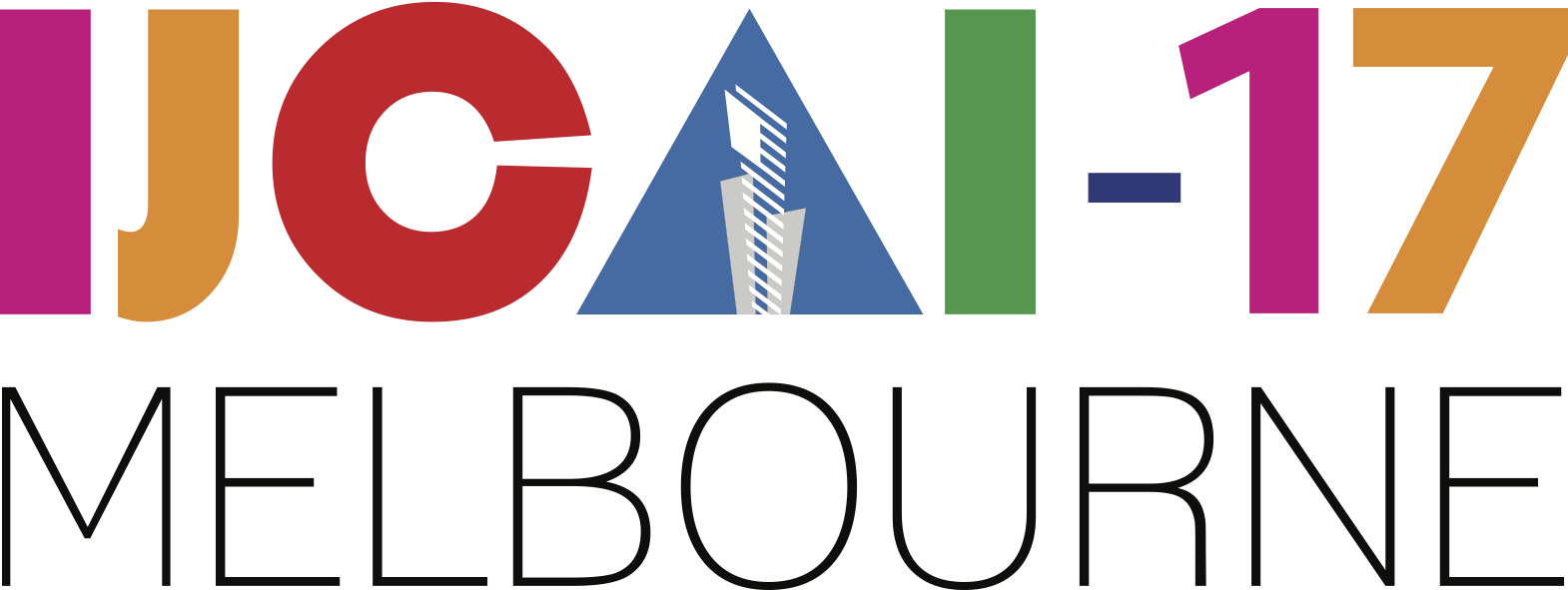A Random Model for Argumentation Framework: Phase Transitions, Empirical Hardness, and Heuristics
A Random Model for Argumentation Framework: Phase Transitions, Empirical Hardness, and Heuristics
Yong Gao
Proceedings of the Twenty-Sixth International Joint Conference on Artificial Intelligence
Main track. Pages 503-509.
https://doi.org/10.24963/ijcai.2017/71
We propose and study, theoretically and empirically, a new random model for the abstract argumentation framework (AF). Our model overcomes some intrinsic difficulties of the only random model of directed graphs in the literature that is relevant to AFs, and makes it possible to study the typical-case complexity of AF instances in terms of threshold behaviours and phase transitions. We proved that the probability for a random AF instance to have a stable/preferred extension goes through a sudden change (from 1 to 0) at the
threshold of the parameters of the new model D(n, p, q), satisfying the equation 4q/((1 + q)(1+q)) = p. We showed, empirically, that in this new model, there is a clear easy-hard-easy pattern of hardness (for a typical backtracking-style exact solvers) associated with the phase transition. Our empirical studies indicated that instances from the new model at phase transitions are much harder than those from an Erdos-Renyi-style model with equal edge density. In addition to being an analytically tractable model for understanding the interplay between problems structures and effectiveness of (branching) heuristics used in practical argumentation solvers, the model can also be used to generate, in a systematic way, non-trivial AF instances with controlled features to evaluate the performance of other AF solvers.
Keywords:
Combinatorial & Heuristic Search: Evaluation and Analysis
Combinatorial & Heuristic Search: Heuristic Search
Combinatorial & Heuristic Search: Combinatorial search/optimisation
Knowledge Representation, Reasoning, and Logic: Computational models of Argument

